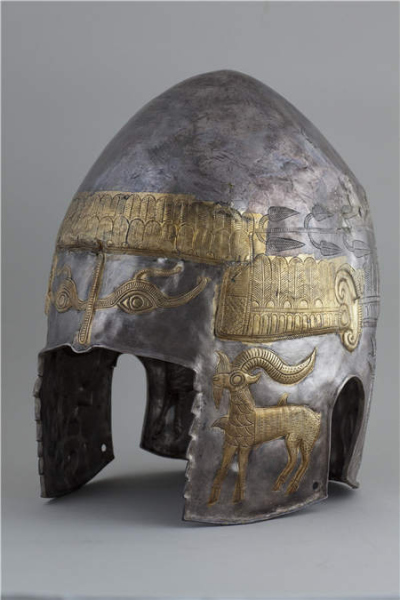
Taking cultural legacies to each other's countries is one aspect of the cooperation that the two sides are looking to deepen.
Both China and Romania are often victims of crimes such as archaeological poaching, illegal exports and money-laundering through such transactions.
Tarnoveanu hopes for more exchanges with his Chinese counterparts in tracking stolen cultural treasures and bringing them back home.
Tarnoveanu, who also presides over Romania's national committee of museums and collections, provides expertise to police and prosecutors in helping to retrieve looted cultural objects.
Tarnoveanu, who has worked in the field for the past decade, has helped establish an interdisciplinary team of judicial, cultural and diplomatic experts.
"Policemen and prosecutors need our professional skills to identify smuggled cultural goods, and to protect relics from organized crime. Sometimes they can't understand the code words between these thieves which we can decode quite quickly," he told a full house of National Museum of China members on Friday, sharing Romania's experience in fighting such crimes.
Tarnoveanu says Romania's museum curators have assisted in recovering many treasures that had been considered as "being lost forever".
He says the museums not only store and research cultural heritage, but that experts at the museums are obliged to combat crimes targeting cultural property outside the museum buildings as well.
The Treasures of Romania will tour Sichuan's provincial museum in Chengdu in the summer.
If you go
9 am-5 pm, Mondays closed, through May 8. National Museum of China, east of Tian'anmen Square, Beijing. 010-6511-6400.


















































